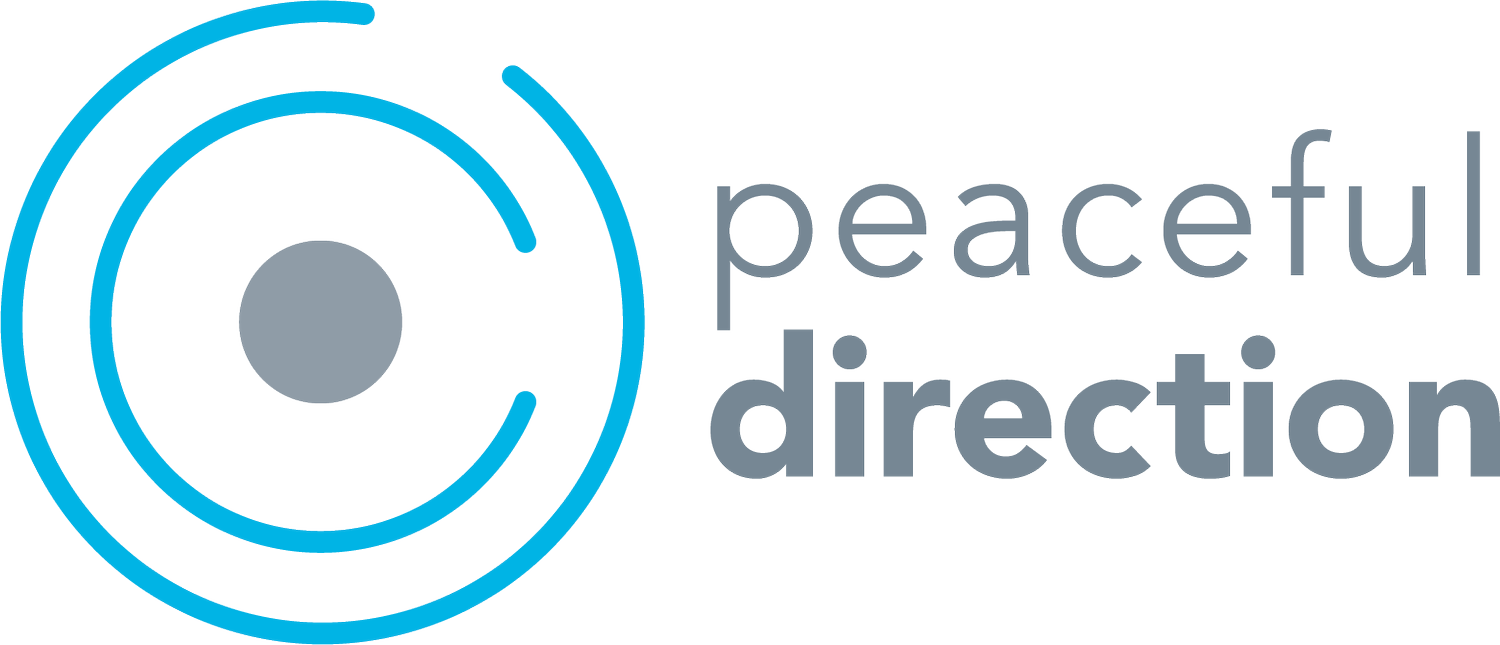A bit about boundaries
Boundaries are buzzy these days. I think it's great that we're talking about this topic more. And I'm also familiar with the chorus of, "Boundaries would be nice to have, but (insert work horror story here)."
I believe boundaries are more than nice to have. I believe they're necessary. And it's up to leaders to create a culture where boundaries are expected and respected.
Done wrong, an individual is left to defend their boundaries against a system (or multiple systems) that are set up to demand more than they should. Done right, and with a leader's encouragement, boundaries can help you thrive by feeling psychologically safe at work.
We all learned a lot about boundaries in physical space during the pandemic. I remember reading about early post-COVID conferences with color-coded badges to indicate whether someone was comfortable with a handshake, a hug or no contact at all. This normalized the idea of different boundaries for different people, and honoring them.
A client recently decided she didn't want her staff texting her at length about concerns or decisions, preferring to talk about these in real time instead. This is a boundary around communication.
You might work with your manager to set boundaries around your role and help you defend them. This can prevent burnout and keep you out of requests that truly aren't your job.
For me, I've decided to use technology to defend a boundary between work and the rest of my life. I only gave myself access to my work email and other systems on my laptop, which stays in my home office when I'm at home. And I generally avoid sending emails or texts between 8 p.m. and 8 a.m. my time.
Dr. Nedra Glover Tawwab is my go-to expert for thinking about boundaries. Her books and weekly email newsletter are gold. Try this short TED Talk as a starting point. And read on for some of my own thoughts about saying "no," a key part of boundary work.
How are you setting, or struggling with, boundaries these days? I'd love to hear from you.
